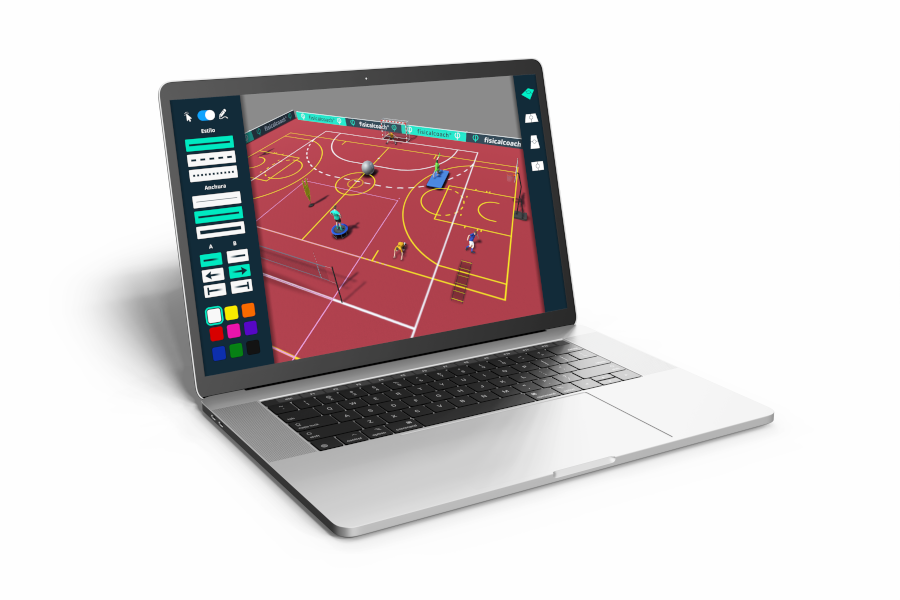La plataforma que elimina el caos operativo, conecta todas las áreas del club y convierte los datos en decisiones claras.
Para clubes que quieren dejar de improvisar.
QUIERO UNA DEMO
La mayoría de los clubes saben entrenar. Pocos saben organizarse con precisión.
Fisicalcoach es una herramienta digital que integra planificación, salud, seguimiento de jugadores, cargas, evaluaciones y comunicación técnica en un solo entorno.
🎯 No sustituye tu forma de entrenar. La ordena.
🎯 No cambia tu filosofía. La hace operativa.
🎯 No da más trabajo. Lo automatiza.
Antes de Fisicalcoach:
❌ Excel por un lado, notas por otro.
❌ Parte médico en WhatsApp.
❌ Evaluaciones que no se comparan.
❌ Planificaciones sin conexión con la carga real.
❌ Cada área va por su cuenta.
Después de Fisicalcoach:
✅ Un solo sistema para todo el cuerpo técnico.
✅ Datos cruzados, accesibles, interpretables.
✅ Seguimiento real del estado físico y emocional.
✅ Decisiones preventivas, no reactivas.
✅ El club funciona como un reloj suizo.
Diseñada para clubes que ya no quieren trabajar con Excel, WhatsApp y herramientas dispersas.
EL ÚNICO ADAPTADO Y PERSONALIZADO A 18 DISCIPLINAS DEPORTIVAS



















¡Prueba la versión especial de Fisicalcoach! pensada para todos los docentes que imparten la asignatura de Educación Física, con la que podrás preparar tus clases y llevar todo el seguimiento de tu alumnado durante todo el curso escolar.
Fisicalcoach cuenta con animación 3D y realidad virtual para diseñar y reproducir tus entrenamientos de la forma más realista. Descubre herramientas exclusivas y comparte las sesiones con tu equipo de trabajo.
¡Es casi como un videojuego!



Recoge y gestiona los principales datos de cada partido de forma rápida y sencilla.

Obtén una ficha completa del rendimiento de cada deportista en la aplicación.

Evalúa el nivel de cada jugador en cualquier momento de la temporada.
Fisicalcoach es una herramienta de referencia para entrenadores y profesionales que quieren avanzar en el mundo del deporte.
Está pensada por expertos y diseñada sobre una base científica; por eso con Fisicalcoach también adquirirás nuevos conocimientos y crecerás como profesional.
